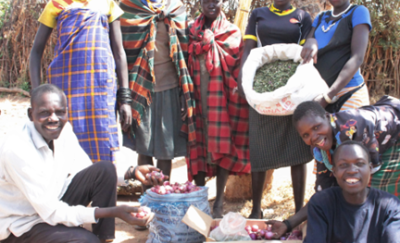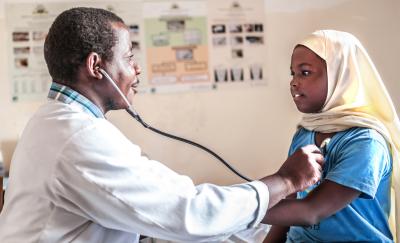This fourth webinar in our series explored health systems resilience and why it is essential for health systems to prepare, adapt and respond to every day and extraordinary challenges and stressors – such as climate change, emerging infectious diseases, and conflict. The enlightening discussion with panelists focused on the fact that the ability to sustain the health of communities and effectively respond to these very challenges relies on the resilience of our health system structures, communities, and decision-makers to ensure quality essential and routine health services. Panelists highlighted emerging interventions and policies that they themselves have found to be effective in their work around the world and the importance of learning from crises, such as after a drought, the West Africa Ebola outbreak, or COVID-19 pandemic.
Whether it’s frontline health workforce wellbeing and capacity, supply chain systems, access to resources, political commitments, trust, communication, multisectoral collaboration and cooperation, agility and flexibility, distributed leadership, local management and decision making, community-led solution design and engagement, and much more, you will hear about the importance of building effective, strong, and resilient health systems to support healthy populations for generations to come.
Abt’s Amanda Quintana, Climate and Health Technical Lead, introduced the critical topic and moderated the discussion amongst experts including Maureen Bartee, Senior Advisor, Bureau of Global Health Security and Diplomacy, US Department of State; Susannah Mayhew, Professor, Faculty of Public Health Policy, London School of Hygiene and Tropical Medicine; and Krish Vallabhjee, Former Director of Strategy, Western Cape Department of Health, South Africa.
Find out more about The Future of Health Systems series--and register for upcoming events!




